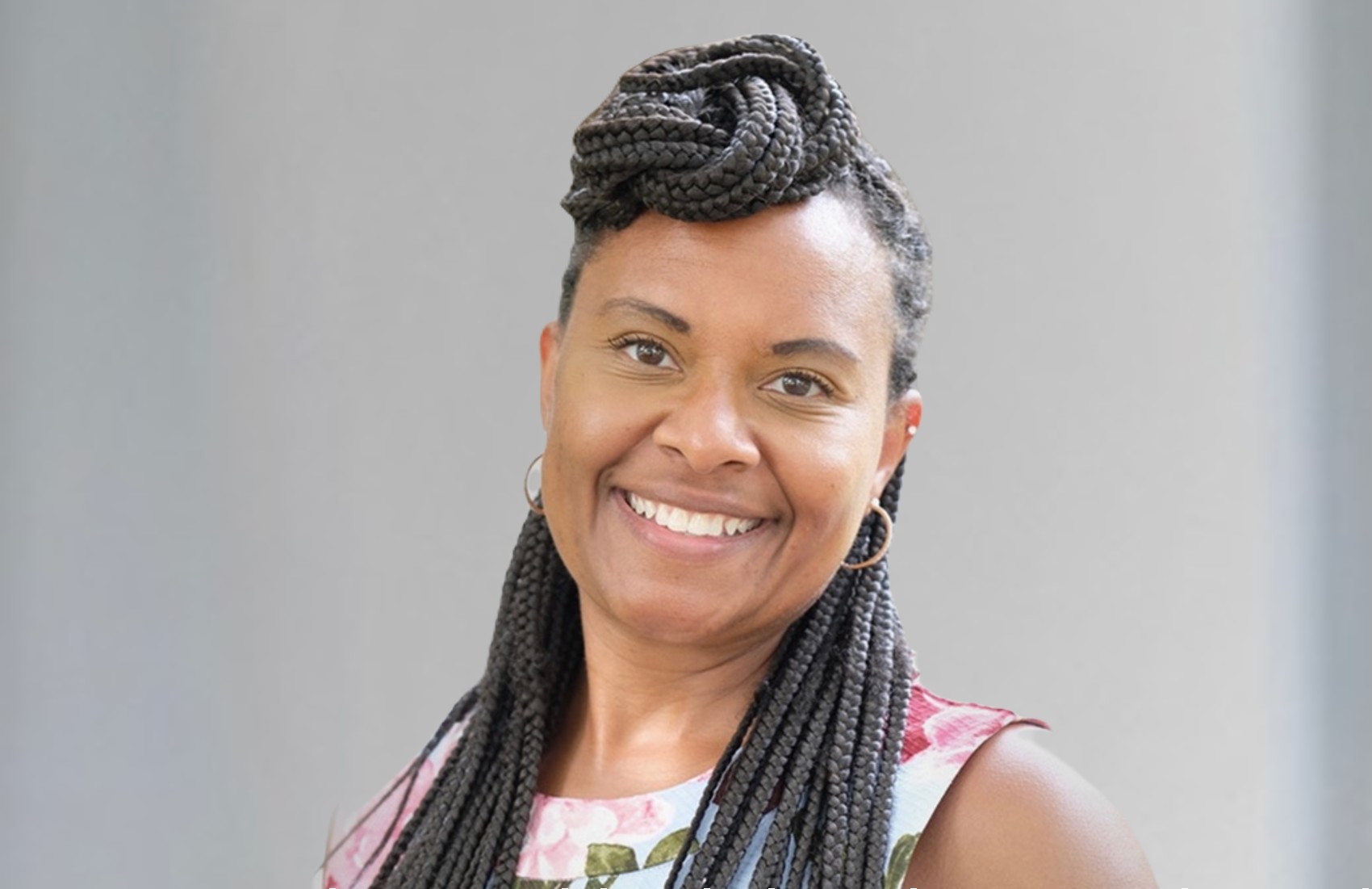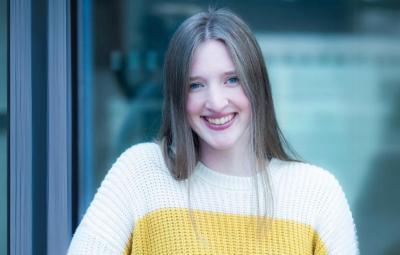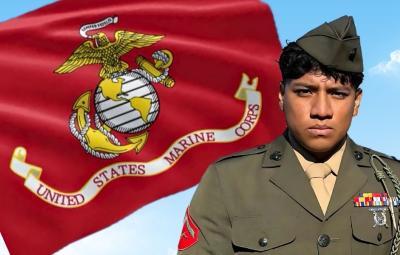
Degree: M.A. in Forensic Psychology
Hometown: White Plains, NY
Internship: Guilford County Juvenile Detention Center
Doctorate Degree: Ed.D. from the University of North Carolina at Chapel Hill
What was life like before John Jay?
I was born in Harlem and lived there until I was in the fourth grade. Growing up there, everyone around me was Black and Latinx, even my teachers. I felt smart and supported in that environment. I learned a lot about Black culture and history—like the Harlem Renaissance. Once I moved to White Plains, that sense of belonging and feeling validated went away. I was the only Black student in my advanced classes. All my teachers were white and I felt like I had to constantly try to prove myself and my worth. I longed to go back to New York and be in an environment where people, teachers, and classmates looked like me. That’s why I was so excited to attend John Jay and earn my master’s degree in forensic psychology. There’s such a celebration of differences at John Jay, which makes an incredible impact on all students.
During your time at John Jay, what programs, classes, or experiences did you find pivotal in furthering your career aspirations?
I always wanted a career that allowed me to advocate for young people. While at John Jay, I took two psychology courses—Psychology and the Treatment of Juvenile Offenders and Youth Psychology and the Law—that greatly impacted me and opened my eyes to the inequities in our criminal justice system. Each class required us to attend juvenile court proceedings. While in court, I was surprised by all the Black and Latinx youth in custody and the different levels of severity in their crimes.
Those classes led to my internship at the Guilford County Juvenile Detention Center in Greensboro, North Carolina, where I worked directly with youth impacted by the justice system. It was crushing to see high rates of recidivism. The same kids were returning to the system over and over again. It made me wonder, what’s the backstory here? What is going on that they can’t break away from the system? I knew then that I couldn’t just work at the criminal justice level. I needed to go deeper and better understand what got them into the justice system.
Why was earning an Ed.D. important to you?
I knew I had to be a disruptor to the cycle and getting my Ed.D. was vital to that process. I wanted to change the conversation regarding youth, especially system-impacted youth returning to their communities. I did my dissertation on the disproportionate suspension of African American students and the school-to-prison pipeline. I researched the justice system’s connection to education, housing, employment, and food security. What I learned was that many of these systems are interconnected but tend to operate in silos. I saw that there had to be communication and cooperation to create positive change.
What is your role like as Active Minds’ VP of Equity & Inclusion?
Active Minds is an organization focused on creating mental health awareness and educating youth and young adults, age 14 to 25. We do a lot of work on college campuses, including at John Jay. We want youth to take the lead in their communities, by starting conversations about mental health, reducing the stigma, and encouraging others to seek help when needed.
As VP of Equity and Inclusion, my role is two-fold. Internally, I’m making sure we have the skills, knowledge, and awareness about how we lead an organization through an anti-racism lens. I conduct training sessions within the organization and our departments to help them identify and reach their anti-racism, equity, and inclusion goals. Externally, my team and I are zeroing in on communities that need mental health support, like the BIPOC (Black, Indigenous, People of Color) and LGBTQIA+ communities. We’re training the youth to be the change they want to see in the world. We teach them how to engage with elected officials working on legislation and policies to promote change that can save lives.
How did your John Jay education help prepare you for this role?
When I think about the foundation for my work today, it all starts with John Jay and learning about the criminal justice system. The courses I took at the College, the internship at the juvenile detention center, and being in court allowed me to see the disparities and inequities in action. You can’t have safe and thriving communities if folks are not okay financially, physically, emotionally, and mentally. We need to give people the resources they need to succeed in the world.



